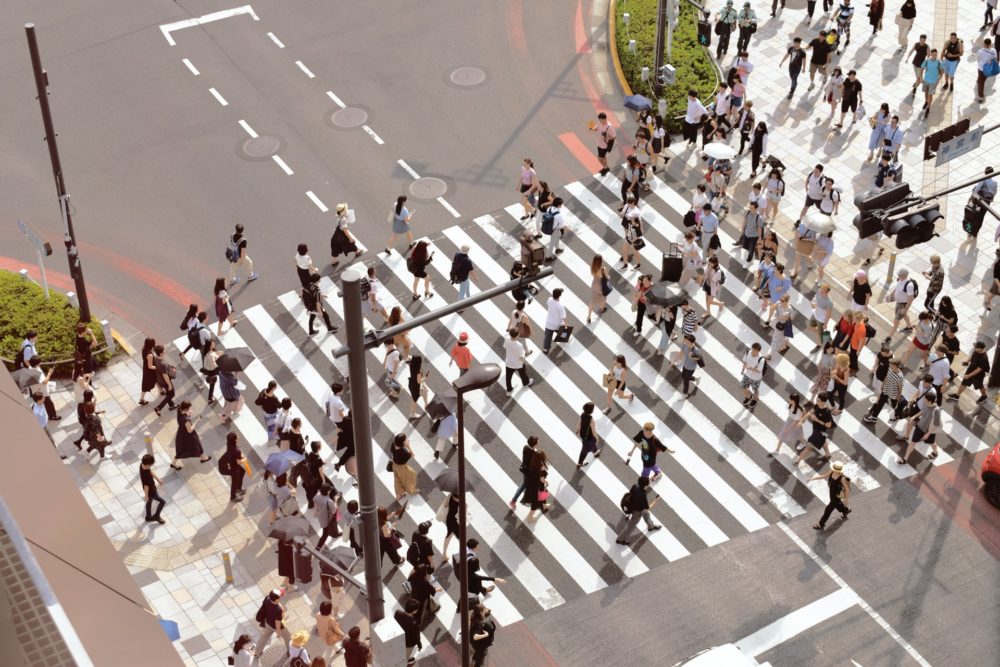Could you unknowingly infect people around you or even hundreds or thousands of people with the coronavirus? Simply put, yes you can. This is what is called a ‘superspreader’, to refer to people who infect a large number of others. Superspreaders can unwittingly spew the virus and thus spread the novel coronavirus far and wide. The most dangerous thing about superspreaders is that they can pass the virus to many others while not having a single symptom.
No one is immune from getting COVID-19, and no one is immune from passing it to others. The possibility you could turn into a superspreader, giving the disease to dozens, hundreds, or, as those people go on to infect others, even thousands, is one reason it is crucial to figure out ways to identify spreading events or to prevent situations, like crowded rooms, where superspreading can occur. Several studies have shown that coronavirus transmission more or less follows the 80/20 Pareto Principle. This means 80% of new transmissions are caused by fewer than 20% of the carriers—the vast majority of people infect very few others or none at all, and it’s a select minority of individuals who are aggressively spreading the virus.
Distinguishing between those who are more infectious and those less infectious could make an enormous difference in the ease and speed with which the outbreak is contained.
One of the most perplexing problems with trying to contain COVID-19 is that a person could be ‘viremic’- meaning the virus is circulating in their body, for days before they even have a symptom, and theoretically they could be shedding the virus during this time. In other words, people may not show any kind of symptoms of the disease, but have the virus multiplying in their bodies.
The question that why coronaviruses cluster so much more than other pathogens is quite an open-ended one. Scientists believe one factor could be the mode of transmission. COVID-19 appears to transmit mostly through droplets, but it does occasionally spread through finer aerosols that can stay suspended in the air, enabling one person to infect many. Another factor that comes into consideration is individuals’ characteristics. Some people have the capacity to shed far more virus, and for a longer period of time, than others, perhaps because of differences in their immune system or the distribution of virus receptors in their body. Each person who has the coronavirus infects an average of one to three people, but that is merely an average. One person may infect no one else, while another could sicken dozens or more. Another plausible link of transmission between people could also simply be the exposure of a person to public attack- when the spread has nothing to do with the person’s infectiousness. If you become the first person to get infected, that can make you look like the superspreader. Anyone else could have had the same impact. You just happened to be the first in line to get infected.
Furthermore, there is a much higher risk in enclosed spaces than outside and some situations may be particularly risky to spark large outbreaks. People working closely together in spaces helps the virus survive.
So, what do you do to protect yourself from being a potential superspreader or getting infected by one?
No matter what the cause, public health measures, like avoiding crowds, and maintaining basic hygiene, can prevent a superspreading episode. The best thing you can do to keep yourself from spreading COVID-19 is to avoid getting the disease in the first place and, if you do get sick, to keep from contaminating others. Epidemiologists also point to mitigating the “three Cs” of transmission: closed spaces with poor ventilation, crowded settings, and close contact with others. That means encouraging outdoor seating when possible and maximizing ventilation in any indoor settings, limiting the number of people inside rooms and buildings, and continuing to keep individuals spaced apart by at least six feet.
Apart from these, Washing your hands regularly and properly, avoid touching your face, wearing a face mask when in public with others, staying home except when necessary and getting yourself tested, you can minimize the risk of spreading the disease.




